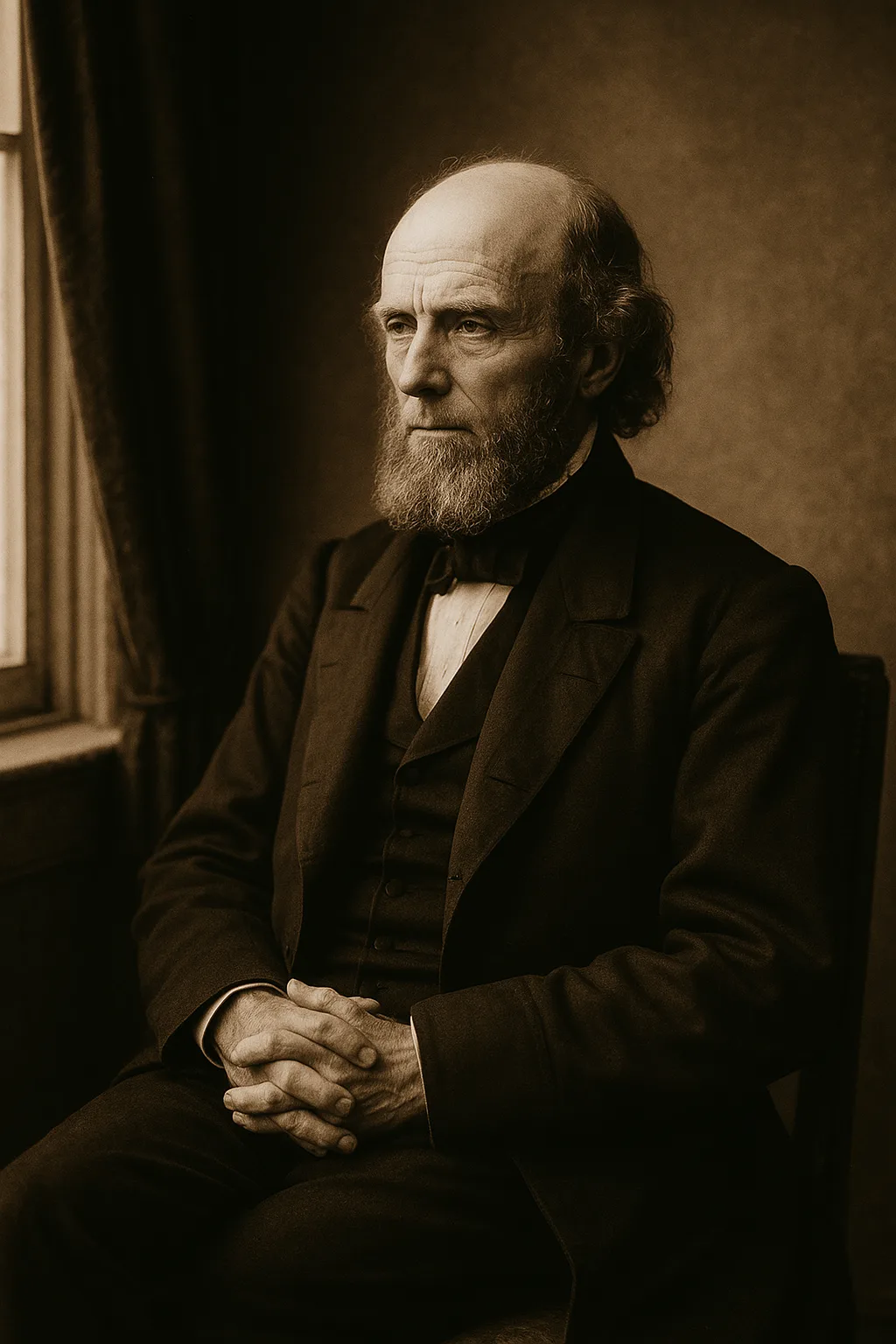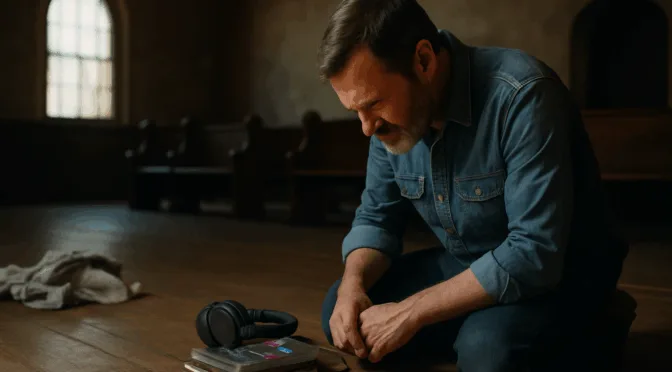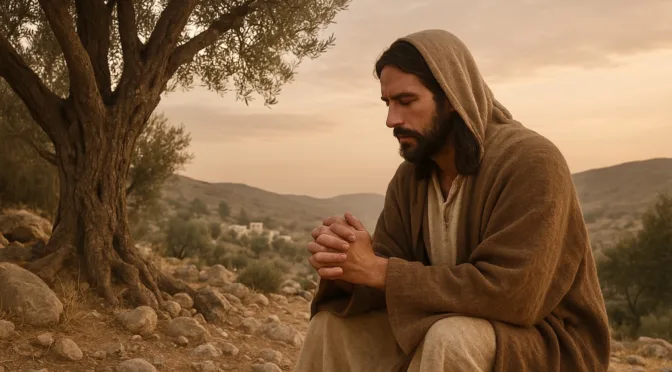In the beginning, God spoke, and all creation obeyed. From the first breath of life to the stars flung across the heavens, the Word of God stood sure. God’s faithfulness and promises are not mere whispers in the wind; they are the bedrock upon which all life stands.
Throughout the ages, God has never broken a promise. When He covenanted with Noah, He sealed it with a bow in the clouds (Genesis 9:13, NASB). When He spoke to Abraham, He swore by Himself, for there was no one greater (Hebrews 6:13, NASB). In every generation, God’s covenant love has remained steadfast.
“Know therefore that the Lord your God, He is God, the faithful God, who keeps His covenant and His faithfulness to a thousand generations for those who love Him and keep His commandments.” (Deuteronomy 7:9, NASB)
The faithfulness of God is not abstract. It is not distant. It breathes into the heart of every believer. When we are faithless, He remains faithful (2 Timothy 2:13, NASB). His promises do not depend on man’s strength, but on His eternal nature.
The greatest expression of God’s faithfulness and promises is found in Yeshua, our Messiah. In Him, every promise finds its “Yes” and its “Amen” (2 Corinthians 1:20, NASB). The covenant of old, sealed by the blood of bulls and goats, gave way to a better covenant, established on better promises (Hebrews 8:6, NASB).
Beloved, consider the promises of God:
- He promised never to leave you nor forsake you (Hebrews 13:5, NASB).
- He promised to give you a future and a hope (Jeremiah 29:11, NASB).
- He promised eternal life to all who believe (John 3:16, NASB).
- He promised to finish the good work He began in you (Philippians 1:6, NASB).

God’s faithfulness and promises are not fragile threads but cords of love that cannot be broken.
In our lives, we see His faithfulness in every sunrise, in every answered prayer, and even in every waiting season. His Word stands eternal. When the world shakes, God remains unshakable.
Abraham waited years to see the son God promised. Israel wandered the desert but eventually entered the Promised Land. David, anointed king in his youth, waited decades to sit on the throne. In all of this, God’s faithfulness and promises proved true.
Let this truth sink deep into your soul: God does not lie. He does not waver. What He has spoken, He will accomplish. “God is not a man, that He would lie, nor a son of man, that He would change His mind. Has He said, and will He not do it? Or has He spoken, and will He not make it good?” (Numbers 23:19, NASB)
Child of God, you are living proof of His covenant-keeping love. You are a testimony that God’s faithfulness and promises endure. Every breath you take is grace. Every step you walk by faith is a declaration: “My God is faithful.”
Do not grow weary in the waiting. Trust Him. Hold fast to the promises. For it is written: “Let us hold firmly to the confession of our hope without wavering, for He who promised is faithful.” (Hebrews 10:23, NASB)

God’s faithfulness and promises are the anchor for your soul. In joy and sorrow, in plenty and want, He remains the same. Press into Him. Seek His face. Remember that His covenant with you is sealed by the blood of Yeshua and cannot be undone.
Let us pray.
Father, we stand in awe of Your faithfulness. You have never failed. You keep all Your promises. Anchor our hearts in Your truth. Teach us to trust You even when we do not see. Help us to walk by faith, knowing that You are working all things for our good. Draw us closer to You. Let us live as testimonies of Your unchanging love. In the name of Yeshua, our covenant-keeping King, we pray. Amen.













